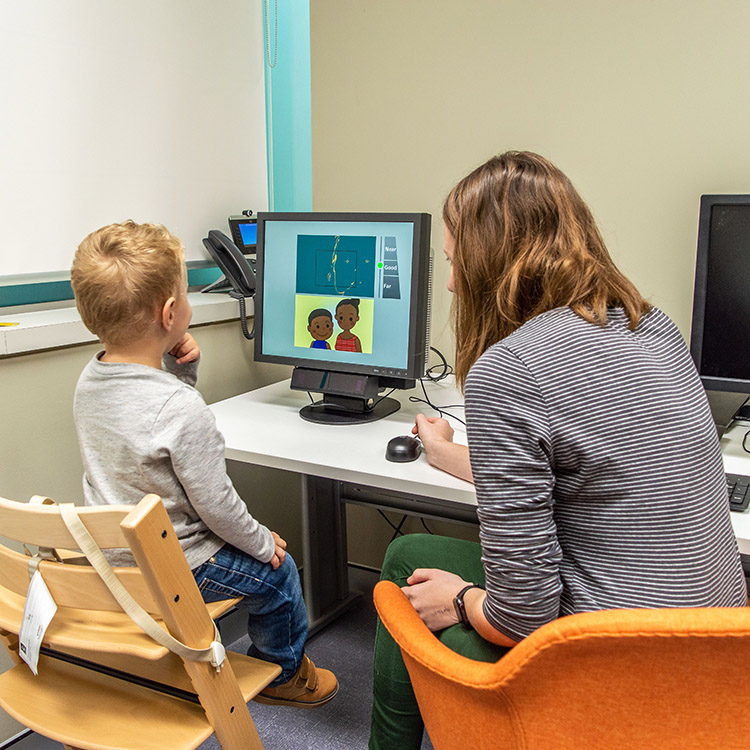Search

CliniKids runs a range of information sessions for parents and caregivers.
Telehealth service delivery is used extensively in allied health to provide services to individuals who are not able to attend therapy sessions face to face.

Creche services are available for families to use at CliniKids.

One of the unique aspects of CliniKids is the integration of clinical services with cutting-edge research. Our exceptional team of researchers work in collaboration with our clinicians to give the community access to the world's best evidence-based therapies.

Our families have the opportunity to be involved in autism research conducted at CliniKids.
The Kids Research Institute Australia is involved in a new multi-site Australian study, led by the South Australian Health and Medical Research Institute, which wants to determine the optimal level of iodine needed during pregnancy for baby’s development.

Get involved in a real-life research project
Find out about many of our previous research studies and trials, and those that are ongoing but are no longer recruiting participants.

This series aims to provide some practical and evidence-based ideas to support your child and family.

In this blog, Curtin University Occupational Therapy students Julia Walker and Mandy Bull delve into the history of Occupational Therapy in Australia.
